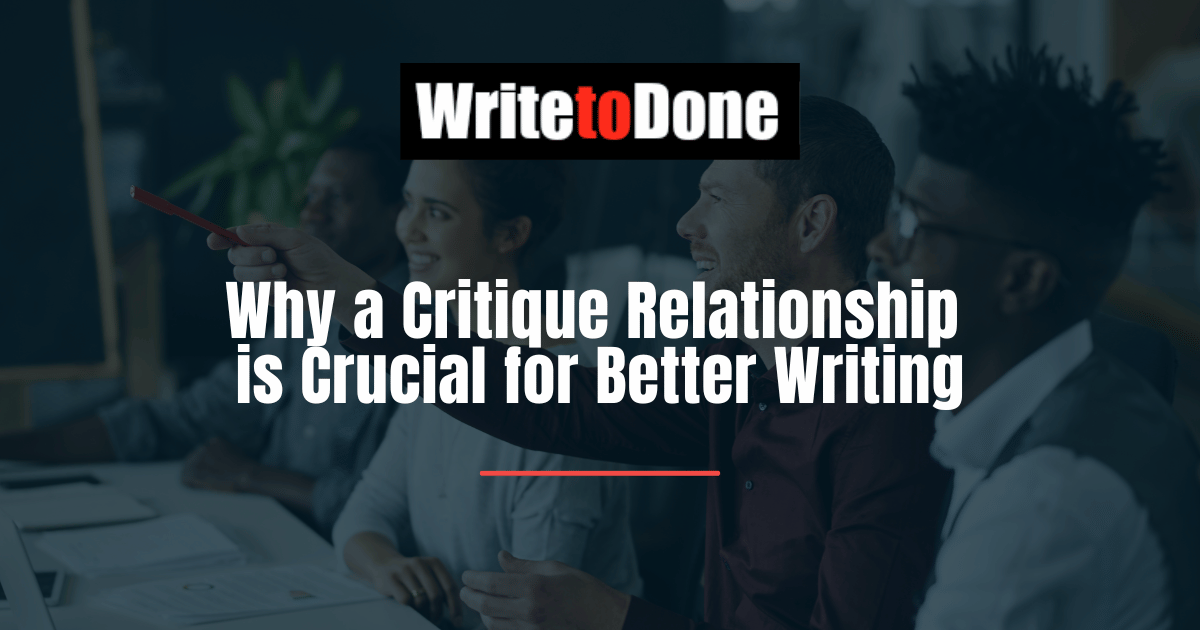A guest post by Adrienne Giordano, Kelsey Browning, and Tracey Devlyn of the Romance University
Many writers have covered the intricacies of a good—and bad—critique relationship. There are some really good cautionary tales out there on how to establish healthy connections and protect yourself, and your work, during the process. Kelsey, Adrienne, and Tracey thought they’d take a moment to share their own personal journeys.
ADRIENNE: I’ve often said finding a good critique partner is similar to finding a spouse. There may be plenty of first, maybe even second dates, but then the novelty wears off and you’re back to the hunt.
Over the years, I’ve been through a few critique partners. Well, maybe more than a few, but critique dating takes time and a whole lot of patience. The one thing I can say about every critique partner I’ve had is I learned something from them. The lessons may have been along the lines of yeah-I’d-never-say-that-to-someone, but I walked away garnering something from the relationship.
Now that I’ve found a wonderful group of critique partners, my process has changed. When I first started writing, I would spend hours getting each word right before I sent pages. At that point, I wanted feedback on a line by line basis and would send one chapter at a time.
As I’ve progressed, I find it beneficial to send six or seven chapters of an “ugly draft” rather than polished pages. My ugly draft is basically dialogue, minor setting descriptions and basic blocking. I started doing this a couple of years ago when I sent a critique partner a chapter (toward the end of the book) and she found a major plot issue.
I had to make changes that impacted the beginning of the manuscript and then had to ask my ever-patient critique partners to read the entire thing again. Now I do the ugly draft of the book and ask my critique partners to give me feedback. This allows me to catch plot issues long before I get to what I think is the end of book. It saves me from having to do major rewrites. Once I have feedback, I then go back and add more descriptive setting details, internal thoughts, etc.
KELSEY: Some people have critique partners who are CPs only. Tracey, Adrienne and I have had a different relationship from the start. In fact, we launched Romance University together before we became critique partners. So we’ve been business partners for almost four years now (from the time we began brainstorming RU).
We also plot together once or twice a year. Yes, they somehow talked the girl who lives in Southern California to fly to Chicago in early spring. But more than the manuscript reading, plotting and business dealings, we provide a great deal of emotional support to one another. And we abide by Vegas rules. Nothing said between the three of us is shared outside the group unless we know it’s okay to do so. That means we can whine and moan about anything from bad reviews to disobedient dogs to clueless husbands :D. We try to have a conference call every couple of months and the best part of those conversations is the time we spend just catching up on life.
So what else do I think is critical in a CP relationship? Trust, utmost trust. Ability to congenially disagree. Understanding of more than the other person’s work. I feel I need to know something about my CPs’ lives in addition to their writing. Benefit of the doubt. If I get a one word email response, I assume it’s because my CP is busy, not because she doesn’t love me. Tough love. Sometimes it’s critical that we slap one another around a bit. Know when to coddle and know when to bring on the hammer. And know when they hammer, it’s out of love and belief in your work.
TRACEY: Kelsey has a great list of ingredients for successful CP relationships. The only thing I’d like to add is establish a set of guidelines. When the three of us decided to crit for each other, we made a promise to be honest. If a scene sucks, let the author know. If it’s fabulous, let her know. No sugar-coating. No massaging egos. That doesn’t mean our feedback is rough and callous or that we fling insults at each other. 🙂 Even after years of working together, we strive hard to provide honest, yet professional critiques. Our unified goal–make the manuscript better. Period. Otherwise, what use is the critique?
So using Adrienne’s analogy of a critique partner relationship with a marriage, realize it can take time to develop a deep and trusting bond. You shouldn’t expect to develop this type of relationship with every potential CP you meet. Yes, you may have to kiss some frogs before you meet your prince or princess. And even when you think you’ve found a match made in heaven, realize your relationship will change as you grow as a writer.
Adrienne Giordano writes at www.AdrienneGiordano.com. Kelsey Browning and Tracey Devlyn are co-founders of the Romance University blog.
________________________________________________________________________________________________
















